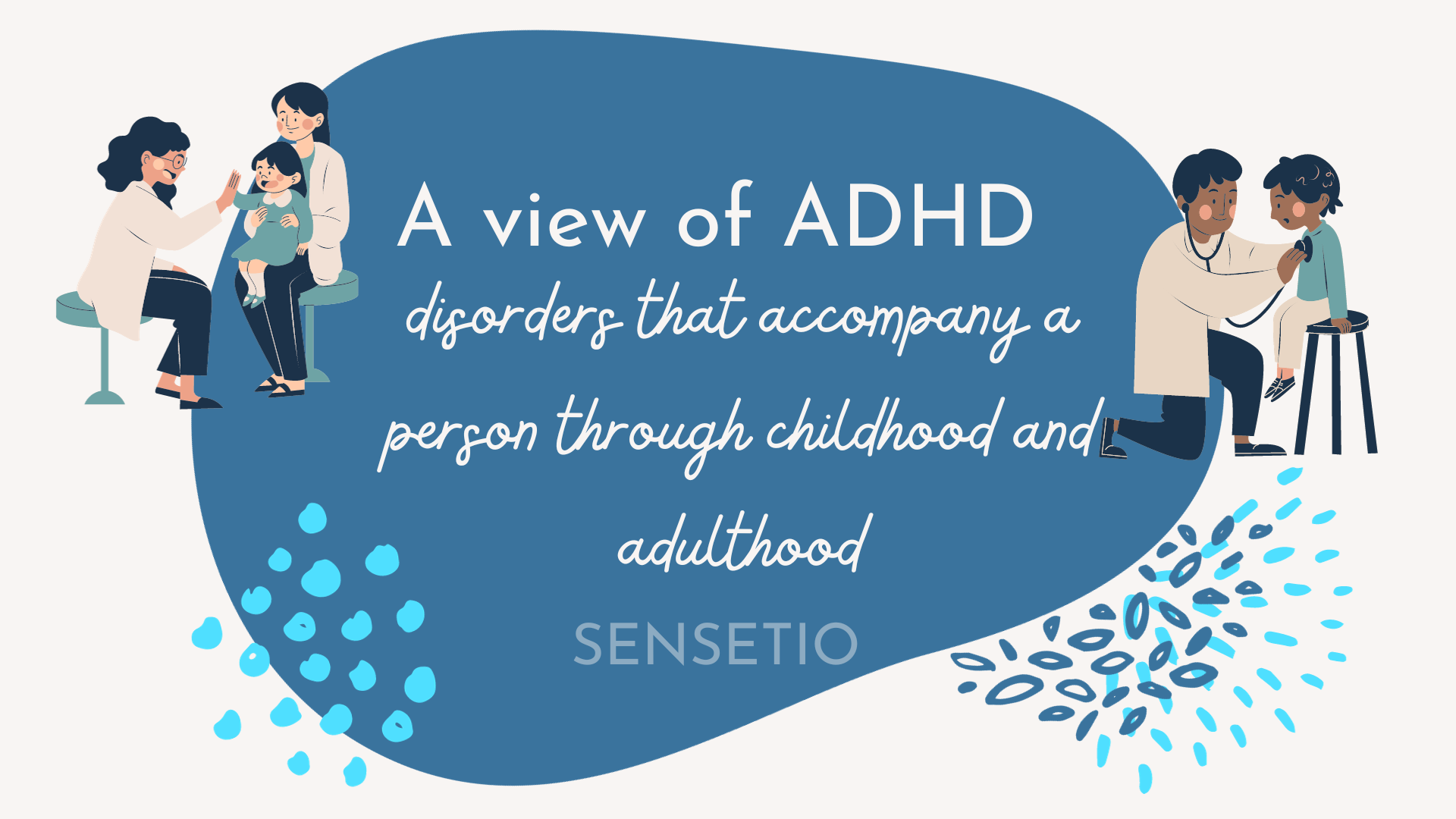In today's blog article, we will focus on a disorder that often remains surrounded by many myths and misunderstandings. Although most of you are very familiar with the acronym ADHD, many people still believe the wrong ideas about what ADHD really means. Let's embark together on a journey of uncovering myths that affect many people's lives. Can something be done about this disorder?
What is ADHD and what causes the disorder?
ADHD, or Attention Deficit Hyperactivity Disorder, is a neurodevelopmental disorder that affects attention, impulsivity, and often hyperactivity. Misinformation suggests that this disorder only affects children, but that is not entirely true.
Experts say that ADHD results from factors involving a number of genes that are related to the transmission of the neurotransmitter dopamine. The hormone of happiness, but also vices. It is responsible for the proper functioning of the brain and various aspects of human behavior - it helps to sleep well or learn more effectively.
The ADHD disorder is so hereditary that about a quarter to a half of the immediate family members of a person diagnosed with the disorder (siblings, children) also suffer from ADHD.
Various stressors, such as depression, trauma, bad mood in the family or lack of sleep, also affect the manifestations of ADHD. On the contrary, this neurodevelopmental disorder has nothing to do with eating, for example. Unhealthy food definitely does not cause ADHD, but children with ADHD tend to eat it more often. Adults who have not been diagnosed with the disorder generally prepare healthy meals less often. They primarily prefer meals that are as least demanding as possible to prepare.
Myth vs. Truth
Many people still believe that ADHD only affects children. The reality is that many individuals struggle with this disorder well into adulthood. Symptoms can vary, but ADHD can affect any age. Some studies suggest that there is a link between ADHD and creativity. Some individuals have the ability to come up with innovative ideas and unconventional problem solving. This trait can be a great asset in the world of art, design and technology.
The myth that people suffering from ADHD are less intelligent is one of the most widespread. It is important to remember that ADHD is not a question of intelligence. Many people with this disorder have above average intelligence, but their ability to concentrate may be affected.
"ADHD is just an excuse for bad behavior". The disorder is associated with different functioning of the brain. It is definitely not a matter of bad upbringing or the will of the individual!
Treatment does not only include drugs! While medication can be part of the treatment, it is not the only option. Behavioral therapy, lifestyle changes or the SENSETIO supportive method are key options for effective ADHD management.
We should remember that
Knowing the causes behind ADHD is essential, because you cannot cure ADHD in yourself or your children with a better diet or less television viewing.
Educating, debunking myths and bringing real facts can contribute to removing stigma and creating a more supportive environment for individuals with this disorder. If we really want to understand the behavior and attitude of these people, we must avoid prejudice and open a discussion based on facts and empathy.

